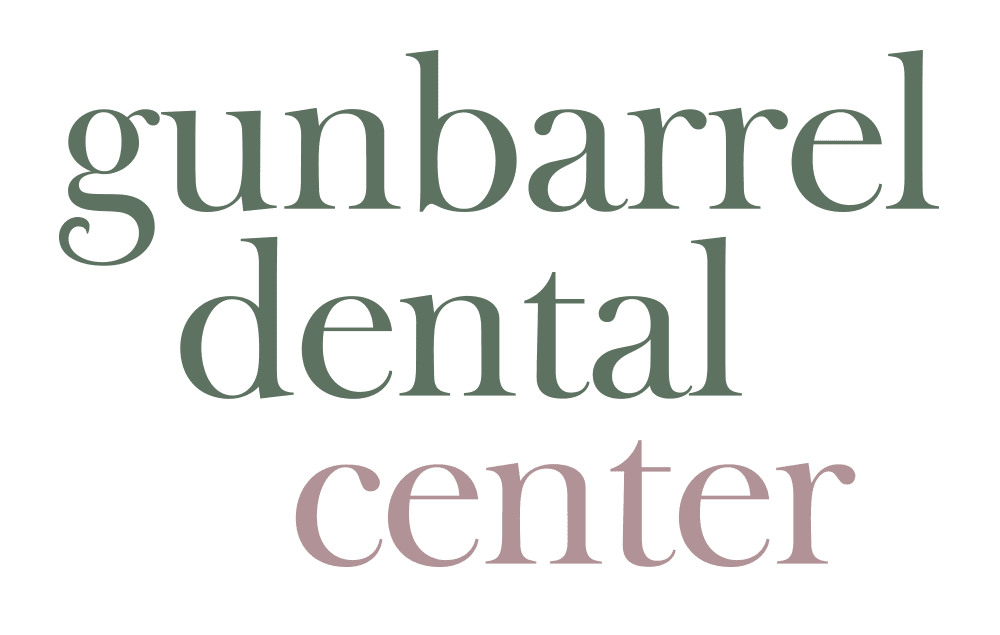Dry mouth is a condition where a person does not produce enough saliva. While it may seem like a minor issue, dry mouth can have big implications for your oral health. You need saliva to keep your mouth healthy. If you suffer from dry mouth, you may begin to develop several different health concerns. Luckily, there are treatment options available that will reduce your dry mouth symptoms.

The Importance of Saliva
Saliva plays a crucial role in maintaining oral health. It helps to lubricate the mouth and facilitate chewing and swallowing. In addition, it neutralizes acids and protects teeth against tooth decay and gum disease. When saliva production decreases, as in the case of dry mouth, these vital functions are compromised.
There are many factors that can cause dry mouth. For example, some medical conditions or medications list dry mouth as a side effect. Patients undergoing radiation therapy frequently report dry mouth. Also, those with nerve damage can also experience dry mouth. Finally, dehydration is a common cause of dry mouth. Understanding the underlying cause is essential for effective management.
The Impact of Dry Mouth on Oral Health
Saliva helps to wash away food particles and neutralize acids produced by bacteria in the mouth. Without sufficient saliva, the risk of tooth decay increases greatly. The lack of moisture also leads to a drier environment that favors bacterial growth. This can further contribute to dental cavities.
Inadequate saliva flow hinders the mouth’s natural defenses against gum disease. Gum infections and inflammation can occur more easily without enough saliva to flush away bacteria and debris. This can lead to gum disease, including gingivitis and periodontitis, if left untreated.
Identifying the Signs of Dry Mouth
Dry mouth is often accompanied by a persistent feeling of dryness, parched lips, and an ongoing sensation of thirst. These symptoms may worsen throughout the day or in situations that worsen to dehydration.
The lack of saliva can make it hard to speak or swallow comfortably. You may experience a sticky or pasty feeling in your mouth. This can make it difficult to articulate words or consume food and liquids smoothly.
Strategies to Relieve Dry Mouth
Sip water frequently throughout the day to combat dehydration and maintain moisture in your mouth. Opt for water instead of sugary or acidic beverages that can worsen dryness and contribute to tooth decay.
Alcohol and caffeine can further dehydrate your body and intensify dry mouth symptoms. Limit drinking alcoholic and caffeinated beverages. Instead, try decaffeinated or herbal alternatives.
Over-the-counter saliva substitutes, such as oral rinses or gels, can provide temporary relief by moistening your mouth. These products mimic the properties of saliva and help lubricate the oral tissues. Consult your dentist or pharmacist for recommendations.
Maintaining excellent oral hygiene is crucial when dealing with dry mouth. Brush your teeth twice a day using a soft-bristle toothbrush and fluoride toothpaste. Don’t forget to floss daily to remove plaque and food particles that can contribute to dental issues.

